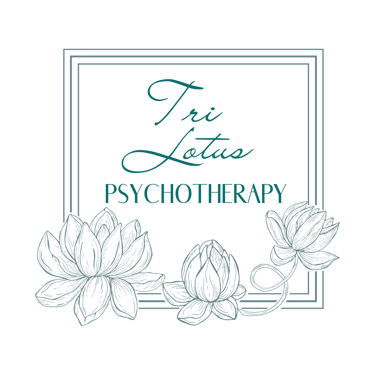NOW ACCEPTING NEW CLIENTS: In-Person in Calgary & Online across Alberta Book a Free 20min Introductory Call! CLIENT LOGIN
Cognitive Behavioural Therapy
IN-PERSON IN CALGARY & ONLINE ACROSS ALBERTA
Helping you to shift unhelpful thought, emotions, and behaviours so that you can manage challenges more effectively and find relief from your symptoms.
What is Cognitive Behavioural Therapy (CBT)?
Cognitive Behavioural Therapy (CBT) is a type of psychotherapy that helps people identify and change unhelpful patterns of thinking, feeling, and behaving. It’s based on the idea that our thoughts, emotions, and behaviors are interconnected, and by changing one, we can positively influence the others. Here's how it works:
Identify Negative Patterns: CBT helps you notice thoughts that might be overly negative, distorted, or not based on reality (e.g., "I'm a failure," "Nothing ever works out for me").
Challenge These Thoughts: You learn to question the accuracy of these thoughts and reframe them into more realistic and helpful perspectives.
Change Behaviours: CBT encourages experimenting with new behaviours to break out of old patterns like, avoiding certain situations or reacting in unproductive ways.
Develop Coping Skills: It teaches practical tools for managing stress, anxiety, or depression, like relaxation techniques, problem-solving, or gradual exposure to feared situations.
The overall goal of CBT is to empower you to become your own therapist, enabling you to handle challenges more effectively in the future. It's evidence-based and often short-term, which helps to make it accessible for everyone.


Book a free 20 minute phone consultation with an CBT therapist now
How does CBT work? What does a CBT therapist do?
Have you ever had the thought that a friend is mad at you? Has this thought made you anxious? Did you then either withdraw from this friend or seek excessive reassurance? Take a second to reflect on this situation - what happened next?
A single thought, like "They’re mad at me," can quickly create an emotional response—like anxiety or guilt. That feeling might then drive behaviour, such as avoiding the person or over-apologizing.
When the person doesn’t reach out or act reassuringly, it might seem like proof that they’re upset, reinforcing the original thought and keeping the cycle going.
This pattern persists because our brain focuses on evidence that matches our worry, even if it’s not accurate. Here lies the heart of CBT therapy.
Your CBT therapist can help to break this cycle. Some of the ways they do this is by challenging the thought, helping to manage the emotion, or take a healthier action.


CBT is particularly helpful for people who are goal-oriented, open to self-reflection, and willing to practice techniques between sessions. While it’s not the only therapy option, it is the most widely researched therapeutic approach.
Who can CBT help?
CBT is widely used in treating a variety of mental health concerns. Our CBT therapists can help with the following concerns:
Anxiety
Stress and burnout
Trauma
Obsessive Compulsive Disorder (OCD)
Sleep issues (ex. insomnia)
Depression
Perfectionism/High Achieving
Chronic Pain and Illness
People Pleasing Tendencies
Relationship Issues
Anger Management
Online CBT therapy can also be provided.


Book a free 20 minute phone consultation with an CBT therapist now
Find a Therapist



Supports Couples, Teens (12+), Adults
Supports Couples, Teens (9+), Adults, Families
Supports Adults and Couples
"Change your Mind, Change your Life."
Unknown
Let's Connect
Please fill out the form to request an initial appointment
or complimentary introductory call
Contact
hello@trilotustherapy.com
Clinic Hours
Monday: 5:00pm to 8:00pm
Tuesday: 1:00pm to 8:00pm
Wednesday: 8:00am to 8:00pm
Thursday: 8:00am to 8:00pm
Friday: 11:30am to 4:30pm
Saturday: 9:00am to 3:00pm
Copyright © 2025 by Tri Lotus Psychotherapy - All Rights Reserved


Land Acknowledgment: I gratefully acknowledge and honour that where I live, work and play is within the traditional territories of the people of the Treaty 7 region in Southern Alberta, which includes the Blackfoot Confederacy (comprising the Siksika, Piikani, and Kainai First Nations) as well as the Tsuut’ina First Nation, and the Stoney Nakoda (including the Chiniki, Bearspaw, and Wesley First Nations); and Métis Nation of Alberta, Region 3. The traditional Blackfoot name of this place is “Mohkinstsis”, which is also known now as Calgary.

